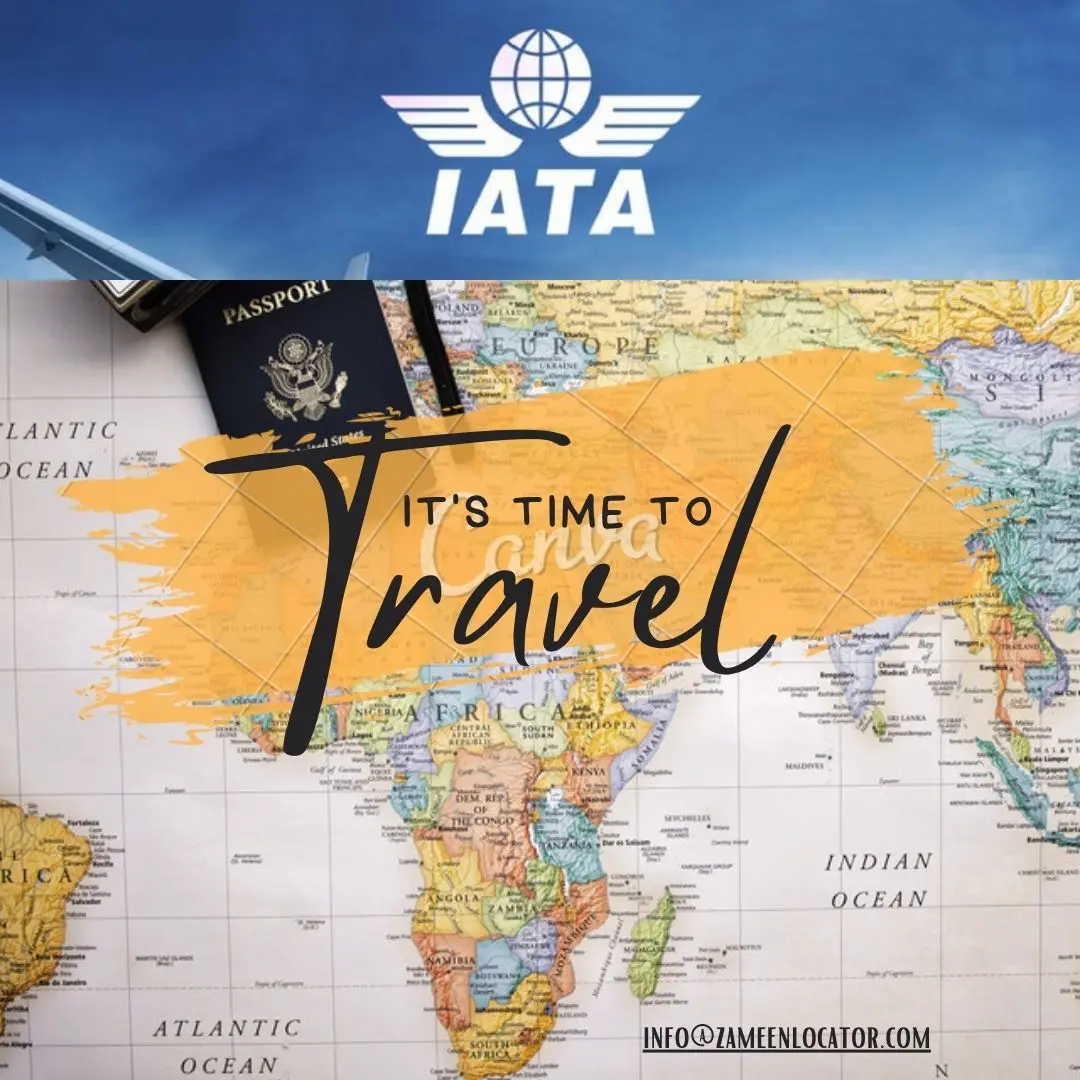
Inside IATA: A Guide to Services, Historical Milestones, and More
Introduction:
- The aviation industry has undergone remarkable transformations over the years, and at the heart of this evolution lies the International Air Transport Association (IATA). Established in 1945, IATA has played a pivotal role in shaping the aviation landscape, providing crucial services to airlines and contributing to the development of global air travel. In this blog, we will delve into the history and services offered by IATA, exploring its impact on the aviation sector.
IATA's History:
- The origins of IATA can traced back to a meeting in Havana, Cuba, where representatives from 57 countries gathered to establish an international body that would address the challenges faced by the aviation industry post-World War II. The organization officially came in April 1945, with the primary goal of promoting cooperation among airlines and standardizing practices to enhance the safety, security, and efficiency of air transport.
- Throughout its history, IATA has adapted to the changing dynamics of the aviation industry. It played a crucial role in the development of the global air transport system, facilitating collaboration between airlines, governments, and other stakeholders. Over the years, IATA has evolved into a comprehensive service provider, offering a range of services to its members.
IATA's Services:
- Safety and Operational Standards:
- IATA sets global standards for safety, security, efficiency, and environmental sustainability in air travel, Safe Audit for Ground Operations (ISAGO) program ensures that ground handling operations meet international safety standards, contributing to safer air travel experiences.
- Training and Professional Development:
- IATA provides training programs and certifications for aviation professionals, covering various aspects of the industry. From aviation management to cargo operations, these programs enhance the skills and knowledge of industry personnel, fostering a culture of excellence.
- Passenger and Cargo Services:
- IATA develops and maintains standards, for ticketing, baggage, handling, and cargo operations. Its services streamline processes, ensuring a seamless experience for passengers and cargo shippers.
- Financial Services:
- IATA offers financial solutions to airlines, including the Billing and Settlement Plan (BSP) and the Cargo Account Settlement System (CASS). These systems simplify financial transactions, reducing administrative burdens for airlines and travel agents.
- Advocacy and Representation:
- IATA represents the interests of the airline industry on the global stage. It engages with governments, regulatory bodies, and international organizations to advocate for policies that support a competitive and sustainable aviation sector.
- Technology and Innovation:
- Embracing technological advancements, IATA develops solutions such as the IATA Travel Pass, a digital health pass facilitating safe and efficient travel during the COVID-19 pandemic. The association continues to explore innovative technologies to enhance the passenger experience and operational efficiency.
Conclusion:
- As we reflect on the rich history and diverse services offered by the International Air Transport Association, it becomes evident that IATA is not just an organization; it's a driving force behind the global aviation industry. Through its commitment to safety, standardization, and collaboration, IATA has significantly contributed to the growth and success of air travel. As we navigate the challenges and opportunities of the future, IATA remains a beacon, guiding the aviation community towards a more connected and sustainable world in the skies.
Frequently asked questions (FAQs)
- 1. What is IATA, and what is its primary purpose?
- Answer: IATA, or the International Air Transport Association, is a global trade organization representing the airline industry. Its primary purpose is to set standards, provide support services, and advocate for policies that enhance the safety, security, efficiency, and sustainability of airtravel.
- 2. How does IATA contribute to airline safety?
- Answer: IATA contributes to airline safety through initiatives such as the Operational Safety Audit (IOSA) and the Safety Audit for Ground Operations (ISAGO). It establishes global safety standards, best practices, and industry regulations to ensure a high level of safety and security in air travel.
- 3. What is the IATA Billing and Settlement Plan (BSP), and how does it work?
- Answer: The IATA BSP is a system that facilitates the distribution and settlement of airline ticket sales through accredited travel agents worldwide. It streamlines the billing and payment process, ensuring accurate and timely transactions between airlines and travel agents.
- 4. How can airlines benefit from IATA's training programs?
- Answer: IATA offers a wide range of training programs covering various aspects of the aviation industry, including safety, security, operations, and customer service. Airlines can benefit by enhancing the skills and knowledge of their personnel, leading to improved operational efficiency, safety compliance, and customer satisfaction.
- 5. What role does IATA play in advocating for the airline industry?
- Answer: IATA serves as the collective voice of the global airline industry, advocating for policies and regulations that promote sustainable growth, enhance competitiveness, and address key industry challenges. Through its advocacy efforts, IATA works to shape regulatory frameworks, influence government policies, and foster collaboration among industry stakeholders.



.webp)


